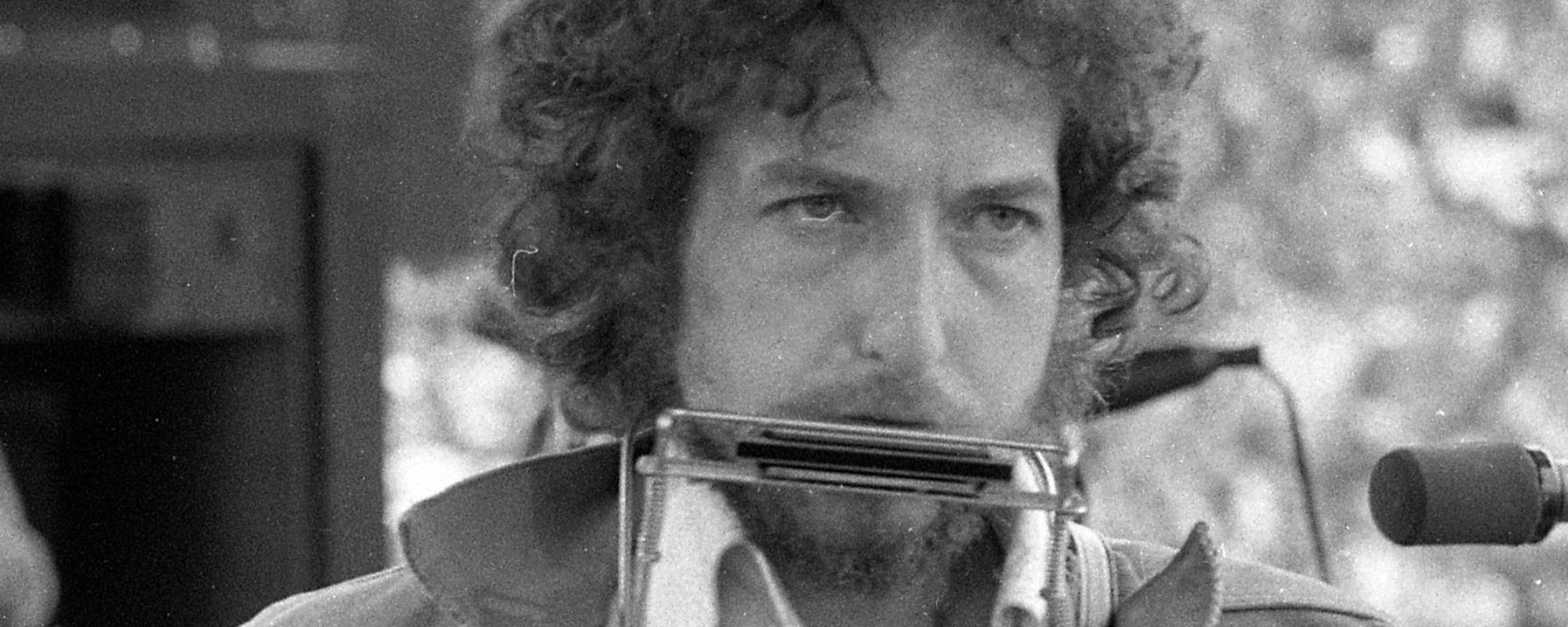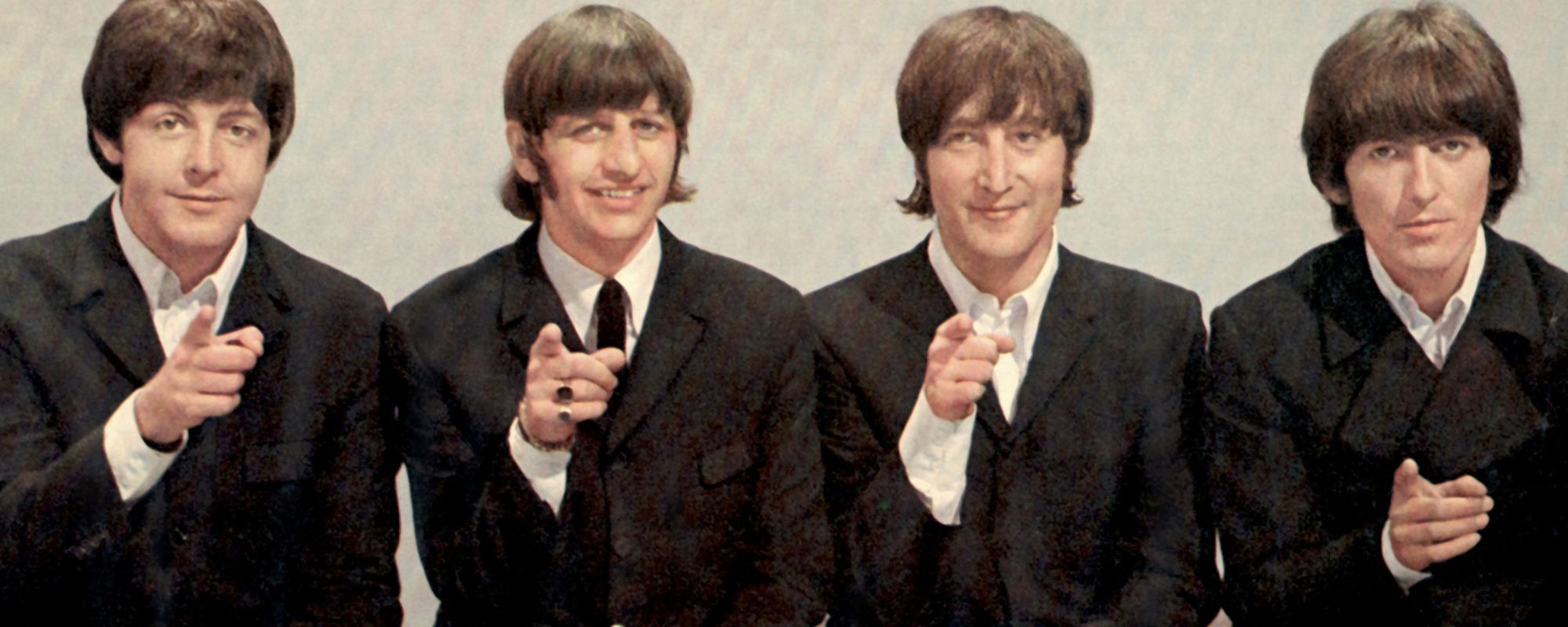After decades of crafting catchy tunes with memorable lyrics and riffs, Paul McCartney took a hard left turn with his contribution to a compilation album titled Is This What We Want? Even without listening to the record, its intentions are clear. With a tracklist that spells out, “The British government must not legalise music theft to benefit AI companies,” Is This What We Want? makes its case before the first downbeat.
Videos by American Songwriter
McCartney’s addition to the compilation isn’t on the digital version, which was released in February 2025. But it will appear as a bonus track on the vinyl album that, at the time of this writing, is still only available for pre-order. As for that hard left turn we mentioned, McCartney’s protest didn’t come in the form of searing guitar licks or expertly crafted poetry. In fact, the song has neither licks nor lyrics. It’s almost totally silent, with the exception of a few rustles and tape hiss.
McCartney’s “(bonus track)” is two minutes and 45 seconds of ambient room noise. This is mostly just tape hiss (and maybe a crackle or two if your turntable needle is dusty), with a short section in the middle that sounds like someone might be opening a door into the recording studio. Even with nothing said at all, McCartney gets his point across.
“We’ve got to be careful about [AI]. It could just take over. And we don’t want that to happen,” McCartney has said about the rise of AI-generated music. “If AI wipes [music made by young composers and writers] out, that would be a very sad thing indeed.”
Paul McCartney Makes a Similar Point to This 1950s Avant-Garde Composer, Except This Time, It’s About AI
Anyone who studied music in school or has an affinity for the strange and unusual likely thought of one composition in particular when they first heard about Paul McCartney protesting the use of AI in music with a near-silent track: John Cage’s 4’33”, which was first premiered in late August 1952. Like McCartney’s “(bonus track)”, this infamous work from Cage features a pianist silently sitting at a piano for four minutes and 33 seconds. The piece does have movements. But the only way you’re able to tell is by the pianist turning pages and closing the lid in accordance with actual time marks.
Cage’s controversial piece was multifaceted. It not only served as a commentary on the world’s perception and reaction to music based on superficial qualities, such as an artist’s celebrity, choice of venue, and the like. The completely silent song also highlighted the role of the audience. Whatever “sound” is produced during 4’33” is often contributed by a concertgoer shifting in their seat or clearing their throat. Even after the piece is over, the audience’s reactions—whether positive or negative—are another continuation of Cage’s intent. What does music make us feel? What do we expect from it? How have those values and expectations warped over time?
McCartney makes a similar point in “(bonus track)”. Music has—and in this writer’s opinion, always will be—a fundamental element of human expression. Without the musicians, there is no music in its purest sense. The world would become a quieter, stiffer place. The silence itself becomes a sort of deafening protest, highlighting the impact of an industry desecrated by its own innovation.
They’ll Likely Be Received in Similar Ways, Too
When John Cage first premiered 4’33”, concertgoers felt like they were made to be the butt of Cage’s joke. Even today, the composition remains a sort of novelty that listeners either love or hate. We don’t doubt McCartney’s contribution to Is This What We Want? will have a similar effect. But therein lies both of the composers’ points. Art is meant to evoke emotions and make you think. Moreover, the sanctity of creative expression must be preserved, lest we forget what makes us human.
Paul McCartney has spent his entire life contributing to and shaping the sonic landscape of today. Just imagine how quiet and desolate the 1960s would have been if The Beatles had decided to wait around until a machine could generate their music for them. Those decades of waiting for the technology to become available would have been as sadly quiet and uninspired as the two minutes and 45 seconds of tape hiss McCartney is putting on this anti-AI protest album.
Photo by Jim Dyson/Getty Images










Leave a Reply
Only members can comment. Become a member. Already a member? Log in.